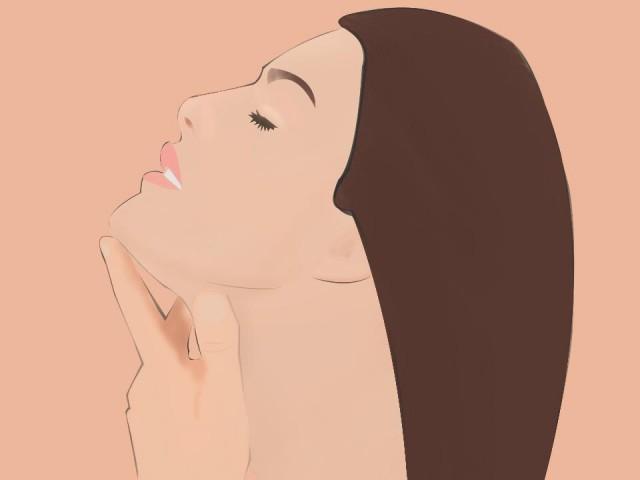5 things you can do to achieve clear pimple-free skin
Achieving clear skin may seem trivial to some, but it’s often a point of insecurity and stress. Dermatologist Winlove Mojica MD, claims, “Studies have shown that people with acne suffer as much as those with asthma and serious heart diseases. Seeing a dermatologist and treating acne should not be trivialized.”
The bad news is that there’s no magic bullet to get rid of your acne all at once, and for good. The good news is there are steps, treatments, and skin regimens you can consistently do to keep it at bay and be in the clear, so to speak.

1. Consult a properly trained dermatologist. Dr. Mojica suggests the best way to address any type of acne is to visit a dermatologist. “There are many skin conditions that look like acne. To get the right treatment, a correct diagnosis must first be made.
2. Be diligent with your medication. If and when it is indeed adult acne, Dr. Hayano says that maintaining an anti-acne medication, either topical (meaning applied on the skin, like facial wash, lotions, creams, or gels) or oral (taken like medicine), and to have a good moisturizer and sun protection. “Active ingredients like retinoid acid, glycolic acid, salicylic acid, are not only anti-acne, but are also anti-aging. Also, it’s a myth that you can skip the moisturizer and sunblock if you have acne. I advise patients to be mindful of moisturization and sun protection at all times.”
3. Keep makeup to a minimum. When experiencing breakouts, Dr. Grino says you might want to lay low on makeup, as it can aggravate the skin by clogging the pores. Dr. Cruz advises to read the labels. “Make sure there is ‘non comedogenic’, ‘oil free’ or ‘water based’ on the products that you are using, since cosmetic products can clog pores.”
4. Don’t self-medicate. Dr. Talens agrees with Dr. Hayano, saying that self-medication should be done with caution. “Although there are topical or oral preparations that can be easily purchased from drugstores, it is best to seek medical advise on how to properly use them—dosing frequency, combination, etcetera. Improper use of these products may lead to complications, like chemical burns or drug resistance.” Dr. Mojica adds, “The longer pimples are not addressed with the appropriate medication, the higher the chances of scarring. Acne scars are very difficult and expensive to treat.”
5. Lifestyle management. When the patient needs something stronger than retinoids and other over the counter products, Dr. Vasquez recommends several ways to deal with acne head on. After a proper consultation, they might suggest the following, “Lifestyle management is an integral part in the treatment. Anti-acne medications in the form of topical creams and solutions and or oral capsules and tablets may also be given.
Common anti-acne medicines prescribed are benzoyl peroxide, tretinoin/retinol, azelaic acid, salicylic acid, oral contraceptive pills and oral antibiotics. A medical facial or a cleaning procedure for those with oily skin and acne prone skin may also be done to supplement the anti-acne meds and for a faster resolution of acne. Skin peeling, laser and light-based procedures are also recommended.”
Dr. Talens suggests a procedure called Acne Electrosurgery. “It makes the use of micro-needling with radio frequency to selectively destroy hyperactive oil glands, to address the root cause of acne. Rather than other traditional treatments that take two to six months to work, severe acne can be quickly addressed by acne electrosurgery in a matter of one to three weeks.” — LA, GMA News




